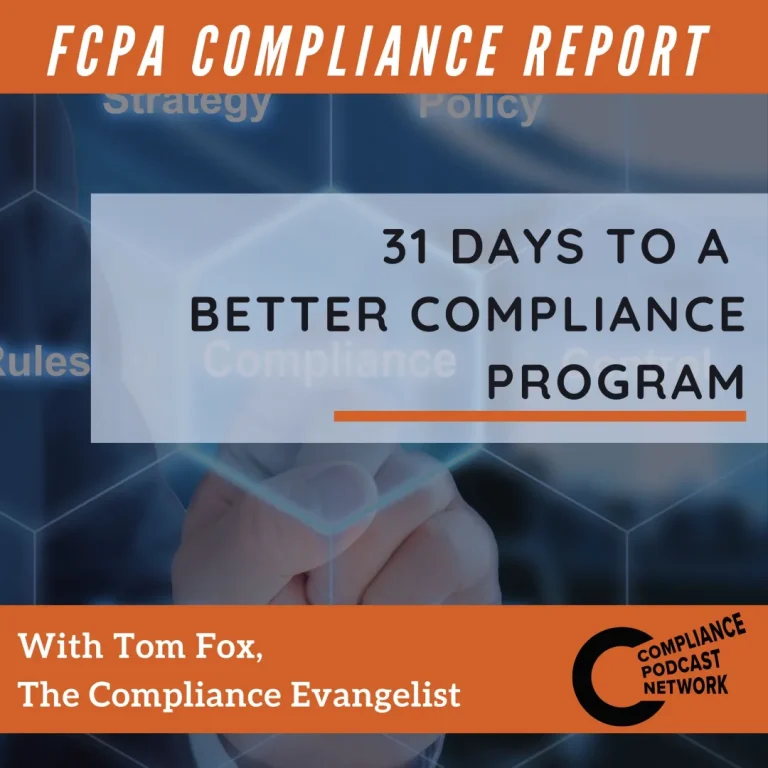Your company should have a detailed written procedure for handling any complaint or allegation of bribery or corruption, regardless of the means through which it is communicated. The mechanism could include the internal company hotline, anonymous tips, or a report directly from the business unit involved. You can make the decision on whether or not to investigate in consultation with other groups, such as the Audit Committee of the Board of Directors or the Legal Department. The head of the business unit in which the claim arose may also be notified that an allegation has been made and that the Compliance Department will be handling the matter on a go-forward basis. Through the use of such a detailed written procedure, you can work to ensure there is complete transparency on the rights and obligations of all parties once an allegation is made. This allows the compliance team to have not only the flexibility but also the responsibility to deal with such matters, from which it can best assess and then decide on how to manage the matter.
Indeed, there are a variety of factors around giving credit to corporate investigations, including: Did management, the board, or committees consisting solely of outside directors oversee the review? Did company employees or outside parties perform the review? If outside persons, have they done other work for the company? If the review was conducted by outside counsel, had management previously engaged such counsel? How long ago was the firm’s last representation of the company? How often has the law firm represented the company? How much in legal fees has the company paid the firm?
Three key takeaways:
1. A written protocol, created before an investigation, is a key starting point.
2. Create specific steps to follow so there will be full transparency and documentation going forward.
3. Consistency in approach is critical.
For more information on Ethico and a free White Paper on top compliance issues in 2024, click here.



